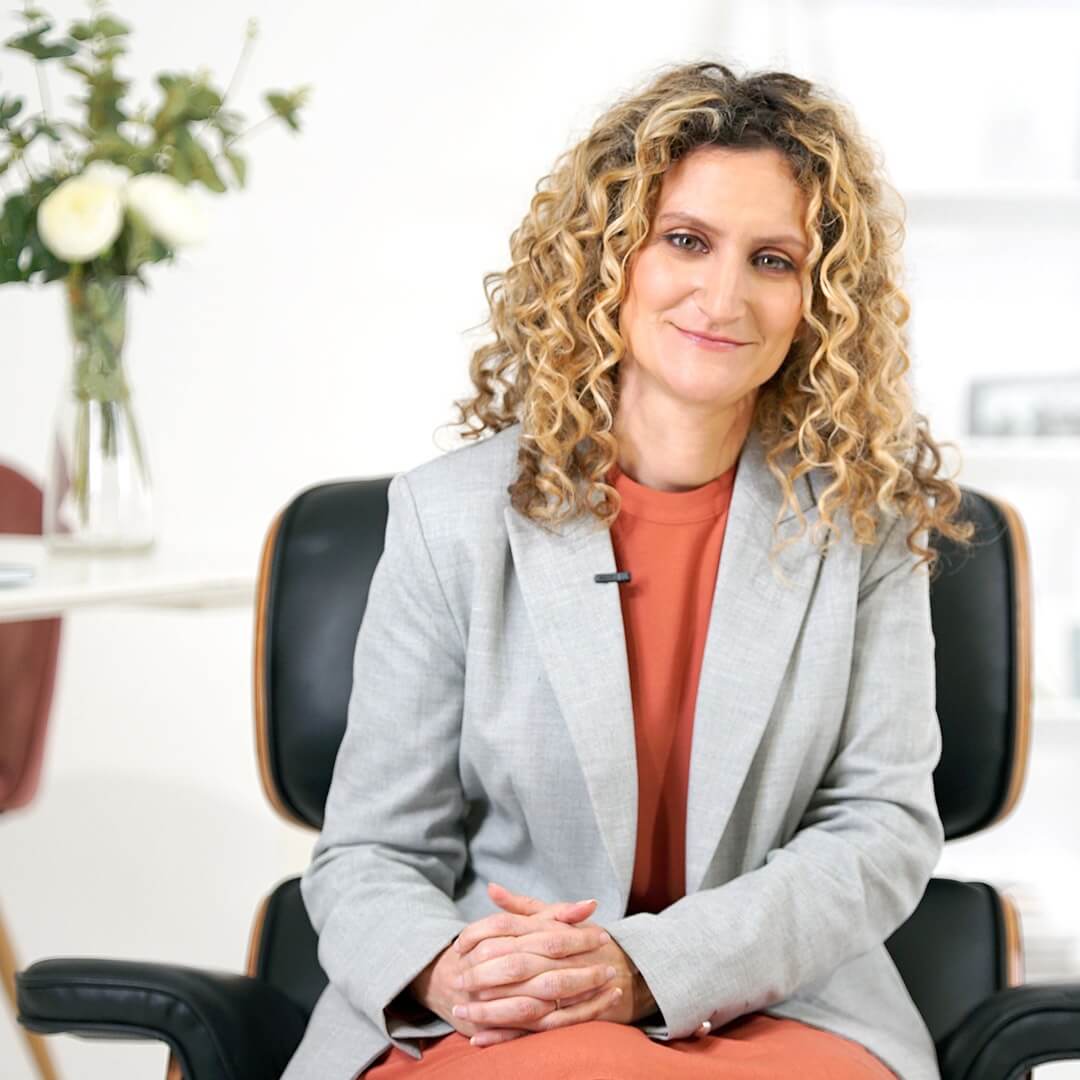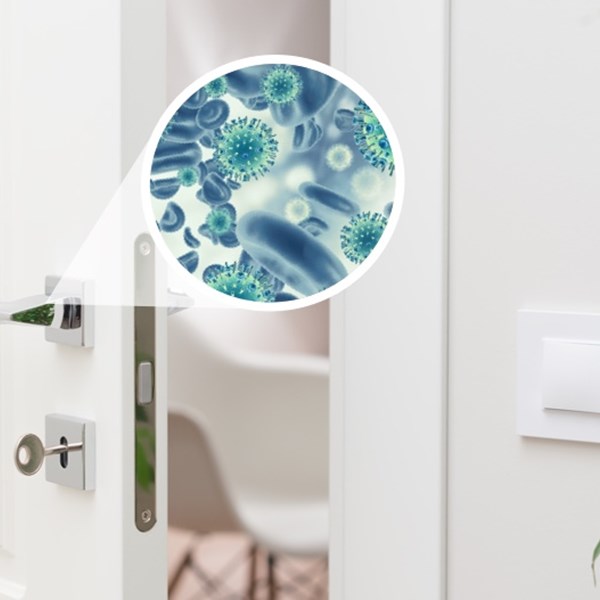Your Coronavirus Questions answered with Dr Ellie Cannon
Although there’s still a lot to learn about coronavirus, a new illness that affects the lungs and airways, there’s still plenty that we do know – including how to help protect yourself. We sat down with GP Dr Ellie Cannon to discuss what everyone should know about the virus – here’s what she had to say.
Advice from Dr Ellie
Watch this short video from GP Dr Ellie Cannon answering your questions about coronavirus.
Health & Hygiene
Top 5 Places Germs Could Be Hiding in Your Home
Wellbeing & Lifestyle




